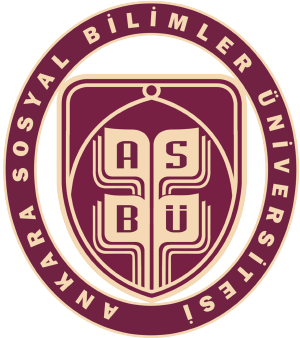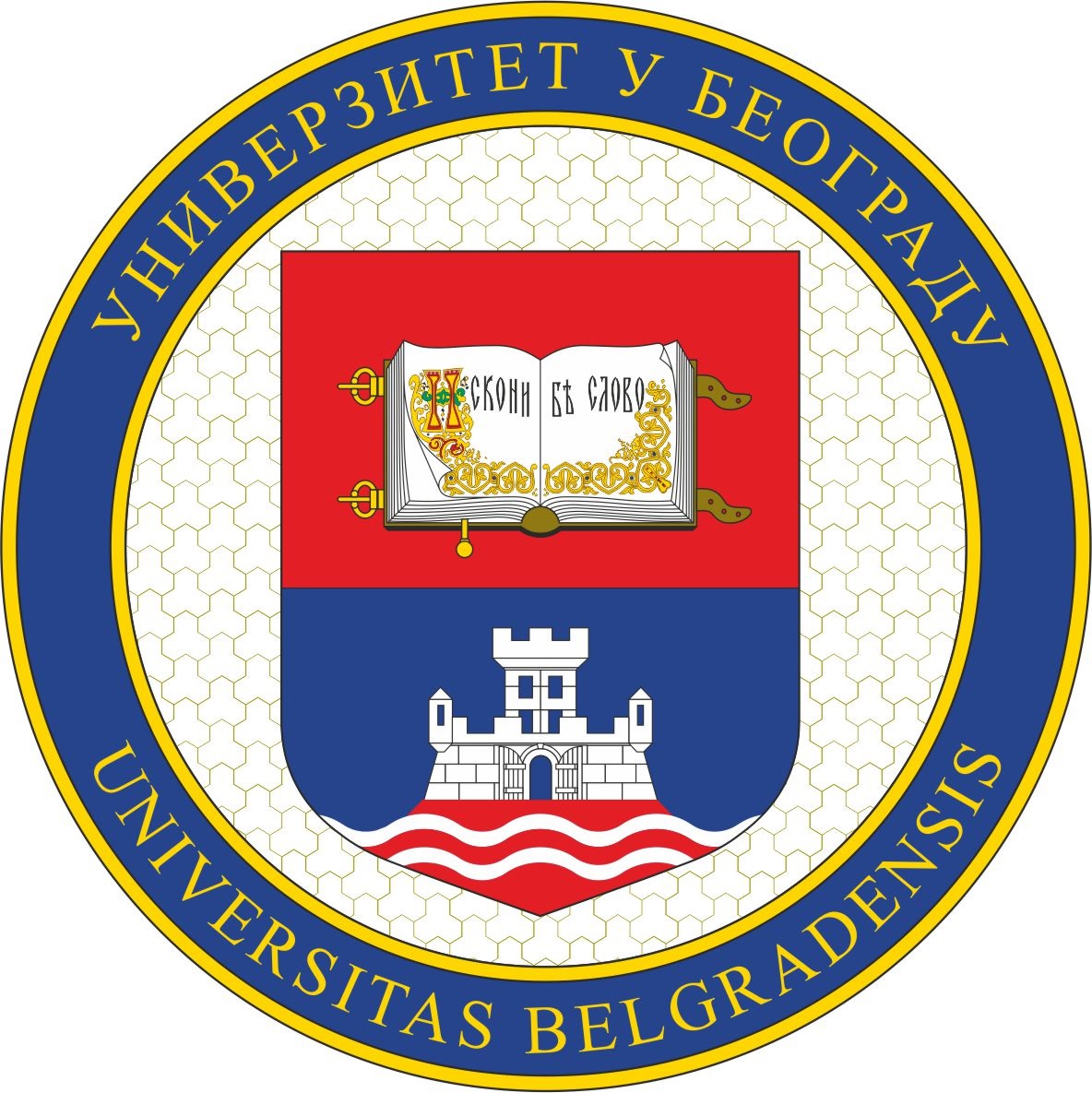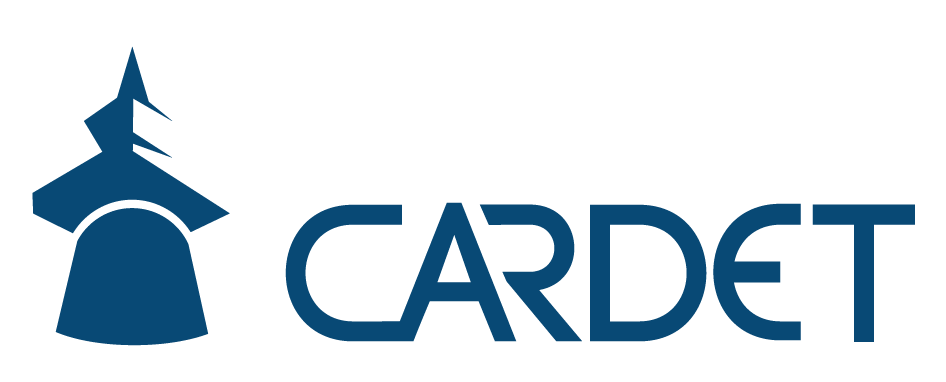- Home
- about
about
-
By collecting, curating, digitizing and sharing the cultural products of these communities, DigiFolk aims to give voice to communities, which hold a minority status in European societies. By allowing their stories to be heard it will also contribute to the problem of long standing prejudices in European societies, prejudices which are at least partially produced due to exposure to only single narratives favouring the dominant cultures and demoting those cultures that are illingly or unwillingly othered.
The ultimate goal of the DigiFolk is to showcase through a diverse set of folktales our common humanity, our collective EU cultural identity. As such, the project addresses the Erasmus + general goal of “raising awareness on and understanding the European Union context, notably as regards the common EU values, the principles of unity and diversity, as well as their cultural identity, cultural awareness and their social and historical heritage”.
-
- To exemplify the importance of folktales as oral histories, or narratives, that can offer an alternative to the narrative of dominant cultural groups by becoming a window into the wisdom (values, beliefs and norms) of groups that have been traditionally marginalized or silenced.
- To design a tailored methodology relying on a participatory approach to build the capacity of social science and humanities educators, students and researchers to work transdisciplinarily with the community, and marginalized groups in particular.
- To empower marginalized communities by giving them the voice as well as the agency to shape the initiatives that are there to draw attention to them and their oral histories.
- To develop innovative pedagogical material and resources for teachers and students to enable them to address issues of cultural heritage, its preservation and promotion to foster goals such as social cohesion and inclusion.
- To foster awareness of common values and common humanity through sharing the oral stories (folktales) that have shaped the identity, the beliefs and the behaviour of certain ethnic, religious, racial groups which hold minority status in European cities.
-
- UNIVERSITY OF GRONINGEN

The University of Groningen, in Dutch: Rijksuniversiteit Groningen (RuG), established in 1614 is the second oldest research university in the Netherlands and it is currently hosting more than 30,000 students. The institution has been consistently ranked among the top 100 universities in the world. The University College Groningen (UCG) is a public liberal arts college and one of the faculties of the University of Groningen. The UCG, established in 2014, is currently hosting 360 students and it offers an interdisciplinary bachelor’s degree in liberal arts and sciences. One of the unique characteristics of education in UCG, other than its interdisciplinary nature, is the emphasis in experiential learning via projects. Projects taught in UCG, such as Tales of Wisdom, formed the inspiration for this Erasmus+ project revolving around folktales and multiculturalism..
Website - Social Sciences University of Ankara (ANKARA SOSYAL BILIMLER UNIVERSITESI)

Ankara Sosyal Bilimler Üniversitesi (ASBU) was founded in 2013 in the center of the capital of Turkey in order to pioneer research in the social sciences and is Turkey’s first and only state university in this field. ASBU is a research-oriented university for both undergraduate and graduate studies. Among the university’s primary aims is the publication of social sciences research that positively contributes to international literature. A large number of research and application centers at ASBU are active for this purpose.
Website - UNIVERSITY OF BELGRADE

Faculty of Philosophy at the University of Belgrade is the oldest higher-education institution in Serbia. The Department of Psychology is the most prolific psychology department in Serbia, with 54 permanent academic staff members splitting their time between teaching and research, and is the only Serbian social sciences department listed in Shanghai Ranking. It employs more than 30 scientists in full-time research positions. The Department of Psychology has a long-standing collaboration with other University units, as well as other governmental agencies and organizations of civil society. The Department is one of the leaders in international collaboration at the University of Belgrade with over 20 international academic collaborations currently active.
Website - UNIVERSITY OF CYPRUS

With around 7.000 students, 113 laboratories and 830 faculty and staff members, the University of Cyprus (UCY) is a young and rapidly expanding university (established in 1989). There are 7 faculties, 22 departments and 14 research units / centers, covering a broad spectrum within the life, social, natural and engineering sciences. UCY is the biggest employer in Cyprus for young graduates and researchers. It currently employs about 750 young scientists using external research funds. We are seeking and attracting new qualified scientists and researchers because our constant aim is to be the largest employers’ organization for young researchers in Cyprus.
Website - CENTRE FOR ADVANCEMENT OF RESEARCH AND DEVELOPMENT IN EDUCATIONAL TECHNOLOGY LTD-CARDET

CARDET is one of the leading research and development centers in the Mediterranean region with global expertise in project design and implementation, capacity building, and digital storytelling. CARDET is independently affiliated with universities and institutions from around the world, such as the University of Nicosia and the International Council of Educational Media.
Website
- UNIVERSITY OF GRONINGEN
Evropska komisija podržala je kreiranje ove internet stranice, ali nije odgovorna za njen sadržaj, koji izražava isključivo stavove autora. Komisija nije odgovorna za korišćenje informacija prezentovanih na internet stranici.
Avrupa Komisyonu'nun bu web sitesinin hazırlanmasına verdiği destek, sadece yazarların görüşlerini yansıtan içeriklerin onaylandığı anlamına gelmez ve Komisyon burada yer alan bilgilerin herhangi bir şekilde kullanılmasından sorumlu tutulamaz.
The European Commission’s support for the production of this website does not constitute an endorsement of the contents, which reflect the views only of the authors, and the Commission cannot be held responsible for any use which may be made of the information contained therein.
Η υποστήριξη της Ευρωπαϊκής Επιτροπής για την παραγωγή του παρόντος δικτυακού τόπου δεν συνιστά έγκριση του περιεχομένου, το οποίο αντανακλά τις απόψεις μόνο των συντακτών, και η Επιτροπή δεν μπορεί να θεωρηθεί υπεύθυνη για οποιαδήποτε χρήση των πληροφοριών που περιέχονται σε αυτόν.
De steun van de Europese Commissie voor de productie van deze publicatie houdt geen goedkeuring van de inhoud in die alleen de mening van de auteurs weerspiegelt, en de Commissie kan niet verantwoordelijk worden gehouden voor enig gebruik dat van de informatie in deze publicatie wordt gemaakt.
Project Number: 2022-1-NL01-KA220-HED-000090175